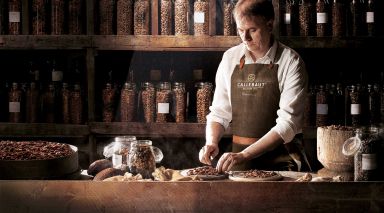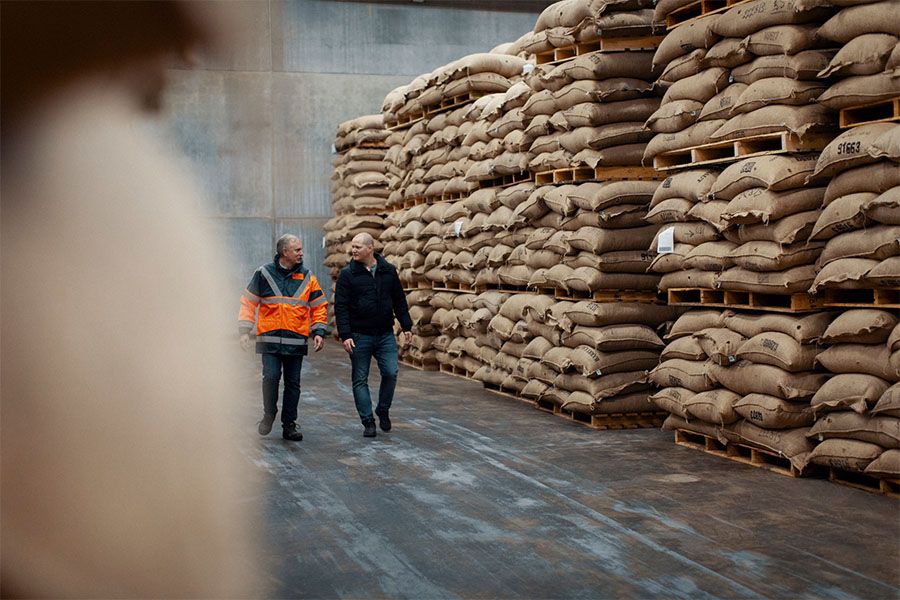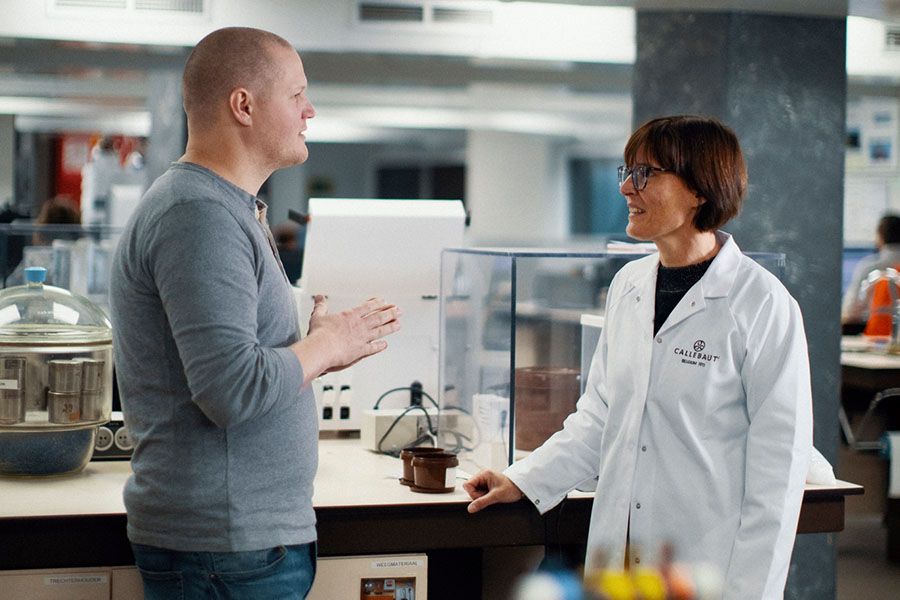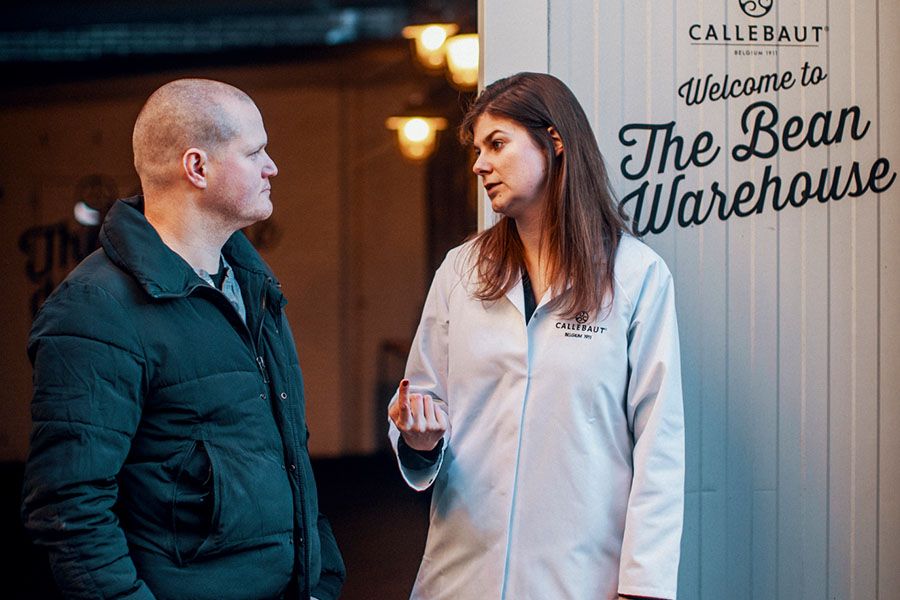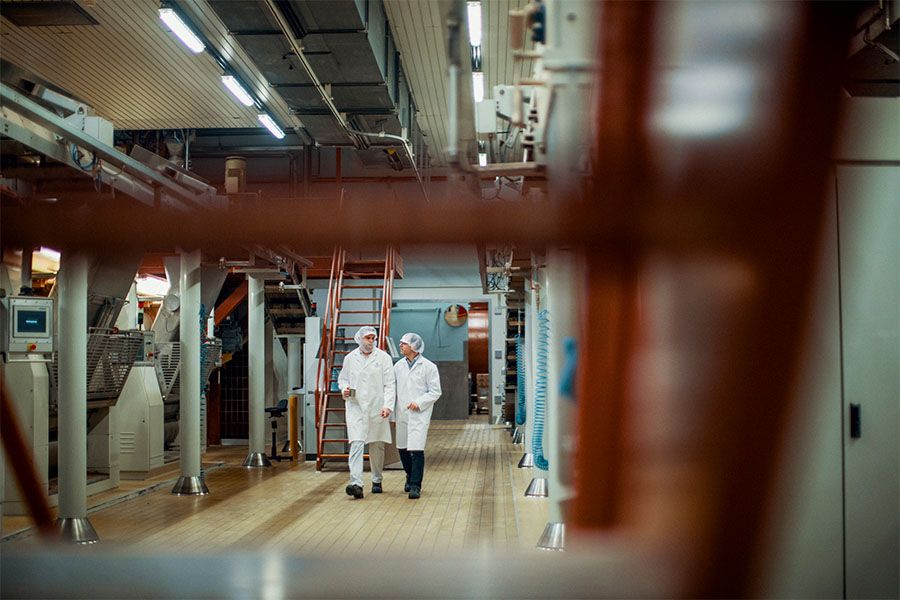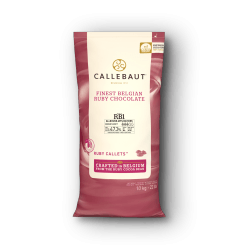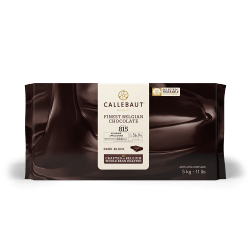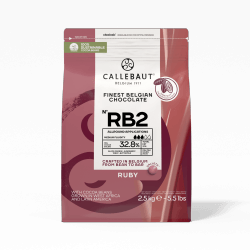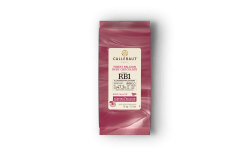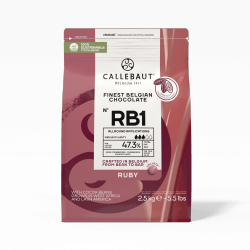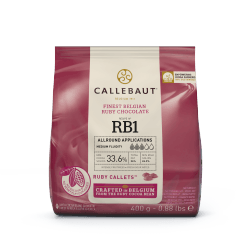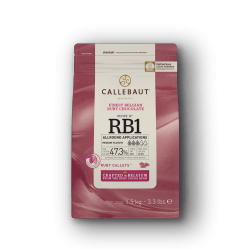Is crafting great chocolate an art? Or science? Well, we believe it's both. We dedicated more than 100 years to perfecting our craft and making better chocolate.
WHERE WE SOURCE OUR COCOA BEANS
To create the perfectly balanced taste of your chocolate, we source beans from
- Ivory Coast: for their intense body
- Ghana: for their fruitiness
- Ecuador: for their bitterness
GROWING 100% TRACEABLE BEANS
For our cocoa mass, we directly purchase cocoa beans from
farmer communities participating in the Cocoa Horizons
program. Through training, financial incentives and community
empowerment, we aim at creating self-driven, prospering
farmer communities

GROWING & HARVESTING
It takes about 4-6 months for cocoa fruits to grow from pollinated flower into ripe cocoa fruit. There are 2 harvest seasons:
- the main season, from October to January
- the light season, from May to June
After the harvest, the cocoa pods are collected and left to rest and ripen for one more day. For our Finest Belgian Chocolates we only use main crop cocoa beans. Which are bigger in size and bring more taste to our chocolate.

COLLECTION & QUALITY ASSESSMENT
The bags of the cocoa beans from different villages or communities are collected and brought to the district warehouse. The different districts bring it to the port warehouse. Samples are taken of all incoming lots of cocoa, and checked on moisture, bean size and impurities or imperfections. Based on this information, a lot gets a final grade.
SHIPPING
The jute bags are loaded into watertight containers and onto a ship. Their journey to the port of Antwerp (Belgium) can start and will take up to 6 weeks.
At Callebaut, we make sure our beans undergo thorough quality checks starting from their country of origin down to the Antwerp harbour. This journey of constent quality continues until the final bean blend is composed.
QUALITY CHECK
When the ship has arrived, the bags of beans are stored in our Belgian warehouse. Of every incoming lot of cocoa, samples are taken from various bags to represent the lot. These samples are tested on a wide variety of parameters: from moisture content to fat content
SAMPLING THE TASTE PROFILES
Cocoa is a natural product. That means that the taste of the beans will vary according to their terroir and specific seasonal conditions. To understand the flavour potential of every incoming lot of beans, we take samples and process them into cocoa liquoir. The liquoir is then tasted to create a taste profile.


COMPOSING THE BLEND
To guarantee you consistency in taste for all our chocolates. We create a bean blend that will yield the exact chocolate taste we're after. The beans for this blend are selected from different warrants, shipped from 3 different origin countries. Our Master Blender will finetune the bean blend based on their taste profiles.
![]()
WHOLE BEAN ROASTING
After cleaning and blending the cocoa beans according to the Master Blender's recipe, we roast the whole beans well protected in their shells. We have been applying this roasting method since the start in 1911. It awakens and preserve the fill flavour potential and all the aromas in every cocoa bean.
BREAKING & WINNOWING
After roasting, the beans are broken and the shells separated from the precious bean kernels or nibs. We want the nibs to be as pure as possible, before we wil further process them.


![]()
FINE COCOA LIQUOR
The roasted cocoa nibs are ground finer and finer to obtain a liquid, extremely fine and powerful cocoa liquor. This liquor is the heart and soul of our different chocolate recipes: it determines their taste, character and intensity.
![]()
MIXING WITH OTHER INGREDIENTS
The cocoa liquor is mixed with sugar and vanilla for dark chocolate, and with milk powder to produce milk chocolate. The proportions and selection of specific sugars or milks may vary depending on the recipe our Master Chocolate Makers want to create.


![]()
REFINING THE INGREDIENTS
When the ingredients are thoroughly mixed, they are refined in a 5-roll refiner. This way, we obtain the finest possible particles in the chocolate dough, which will literally make the chocolate feel smooth and silky once you'll taste it.
![]()
CONCHING
Conching is the continuous stirring of the chocolate dough at a temperature that can run up to +- 70-80°C. During conching, we get rid of too acidic, volatile flavours. It makes them evaporate from the chocolate. Moreover, this process creates a homogenously tasting chocolate. To bust a few myths: longer conching does not deliver a better chocolate. We only conch for the time necessary to develop the perfectly round and balanced taste while preserving the reffreshing, fruity notes.
TESTING THE FLUIDITY
At the end of the conching process, we will test the fluidity and - if necessary - adjust it by adding more cocoa butter. The chocolate is now stored in tankers for a few days.
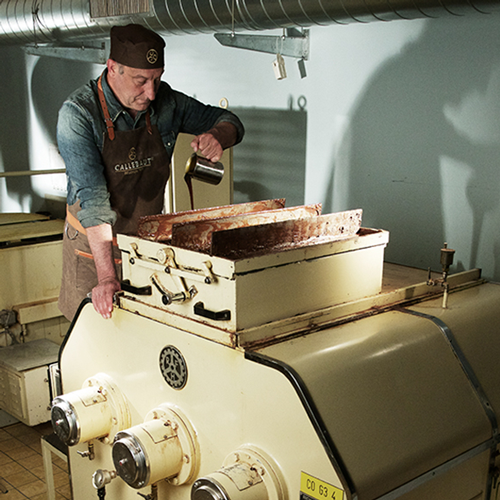
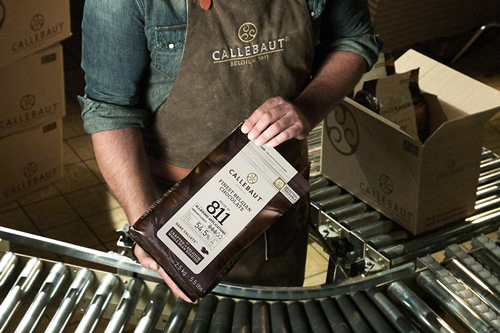
![]()
MOULDING OR SHAPING
We temper the chooclate to create stable B-crystals in the cocoa butter. And then our chocolate gets its familiar shape: in 5 kg blocks or Callets™, easy to dose, melt or temper.
PACKING & STORAGE
All blocks and Callets™ are packed in fresh foil to preserve all the taste and aromas of our chocolate. We store them for a few days to weeks in perfect conditions, away from light, heat, humidity and odours. As soon as our chocolate arrives in your kitchen, it is ready for you to make your mark.








